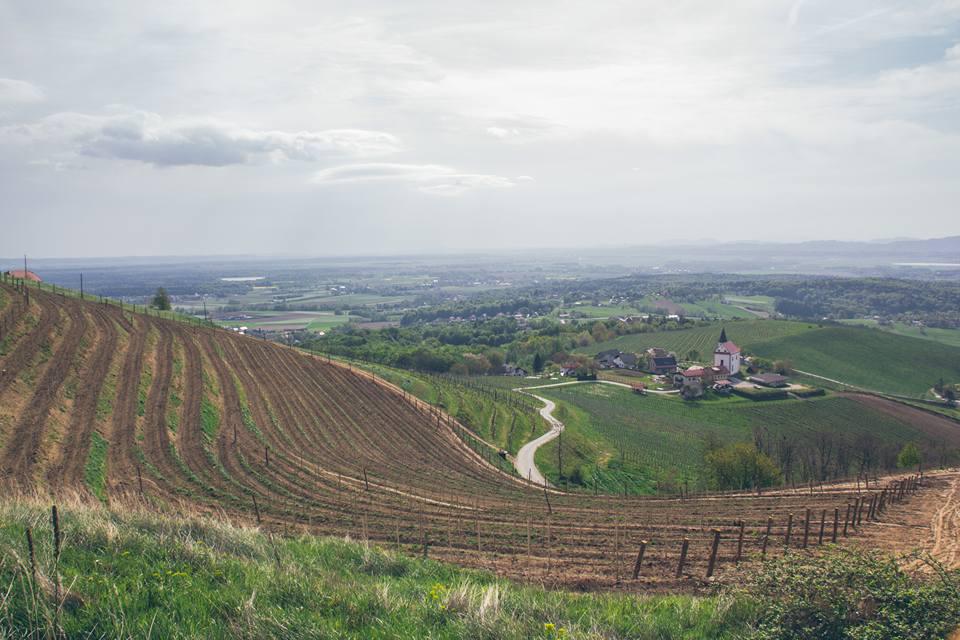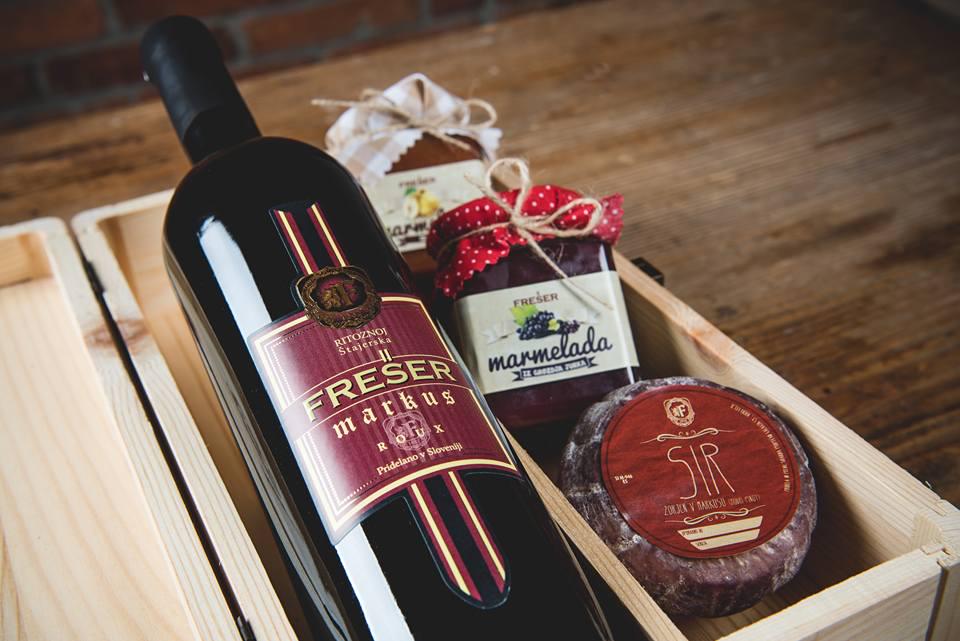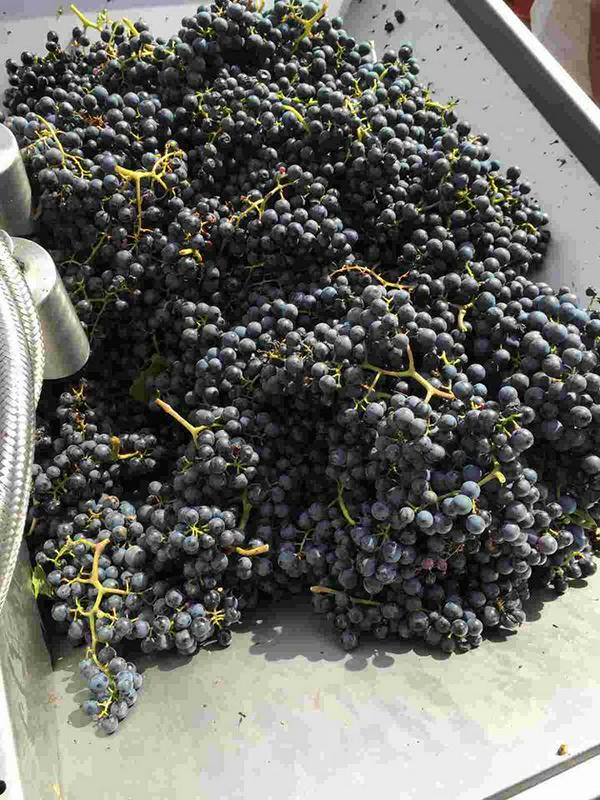

According to the latest official data, 3,298 farms (i. e. 4.6 % of all farms in Slovenia) with 41,237.19 hectares of agricultural land are undergoing controls for ecological certification. Out of these, 2,537 farms have already completed the conversion period (obtained organic certification).


Given growing consumer demand for organic products and foods, and the increasing volume of trade in these foods, organic farming has a safe future. It renders a public service, preserves cultural and agricultural landscapes, enhances biodiversity, and protects drinking water resources and the entire environment. Farming that emphasises harmony with nature and preservation of soil fertility through use of organic fertilizers conforms with sustainable principles since it provides a balance among all elements found in the soil, plants, animals and humans. Within the system of organic farming, the production and processing of foods "from farm to plate"; is subject to continuous and transparent control, which of, guarantee authenticity to consumers who opt for such products. Organic farming allows the production of high-quality and safe food that is rich in nutritional value and high in vitamins, minerals, and antioxidants.
Matjaž Frešer, who was proclaimed the innovative young farmer of 2015 by the Chamber of Agriculture and Forestry of Slovenia and the Slovenian Rural Youth Association, also switched to organic wine production four years ago. The wine-growing tradition in the Frešer family from Ritoznoj dates back to 1832. Should he decide to continue the family tradition, Matjaž, who took over the wine-growing business from his father, had a vision to make something more of it than just sell wine as it had been done before. "I wanted a different approach with a different story that would carry over the message of a man who produces wine with the signature of the area where it is grown." He was lucky that his parents, who are otherwise involved in the milk production, supported his decision and recognised potential for further development. As Matjaž saw abroad, one could make a living by taking a different approach. In 2011, he therefore opted for the entirely organic production on all 12 hectares of vineyards located at the altitude of 400 meters, on the sunny wine-growing areas of Ritoznoj at the foot of the Pohorje mountain range. "I'm not interested in doing things halfway. When I decide on something, I make sure I do it. The beginnings were not at all easy as there is very little information about organic wine production in Slovenia. So, we tried out things by ourselves to see what is suitable for our area and what is not. You start to observe the nature as you have never seen it before. And that is what I like about ecology. You listen to yourself, which is what makes those wines special. Because they are alive and because every bottle tells a story to the person who drinks it or gives it away as a gift. This makes me proud of every single bottle we fill. Because it carries a story."
Matjaž Frešer – an innovative young farmer
In Slovenia, the proportion of organically farmed vineyard areas is growing. The use of agents of natural origin, the nature protection and conservation, the diversity of plants and animals, higher quality of the produce, the protection of human health, more health-beneficial substances in grapes, as well as a good market opportunity are some of the main reasons that winegrowers decide on organic wine production.
They have increased the quality of the wine with the organic production of grapes while at the same time lowering the input costs and adapting to the modern customer who respects the local production with high quality. Matjaž offers fresh and ripe wines and special release wines, which include the prudentia ice wine as well as the pantheon wine available in 1.5-litre bottles. As the vice president of the Ritoznojčan Consortium, which connects 13 winemakers from the municipality of Slovenska Bistrica, Matjaž Frešer is reviving the dry wine type called ritoznojčan with the PTP recognised traditional denomination. The young farmer wants to create a recognisable style of making wine even for the most demanding wine drinkers around the world. It is his desire to raise the culture of drinking wines from the Štajerska region to the highest level and become one of the three largest private wine producers in Slovenia within 10 years.
A clear vision of the young farmer
At barely 29, Matjaž Frešer has a clear vision of wine production. His desire is to increase it. Last year, they restored three hectares of vineyards and planted them with the existing varieties, and this year they will continue with the restoration. They made the best of the nice weather last November and restored two additional hectares of terraces, which will be planted in March this year with the well-known varieties. The increased production of wine also means they will need to enter new markets. This is why they would like to export more wine and raise the recognisability of wines. More than 60 per cent of the Frešer wines, which are of course grown fully organically, are sold to restaurants, caterers and end customers. More than a quarter are exported to Austria, the Czech Republic, and Slovakia.
Matjaž Frešer is proud to having been recognised as an innovative young farmer of 2015 by the Chamber of Agriculture and Forestry of Slovenia and the Slovenian Rural Youth Association as the two institutions thereby confirmed that his decision to get involved in organic wine production was not only the right decision but also the opportunity of a lifetime. "With such recognition, there should be no shortage of best wines in which you can taste the love towards the land, vine and wines. The Frešer wines," says the young man with confidence.
Danila Golob, Sinfo
According to the latest official data, 3,298 farms (i. e. 4.6 % of all farms in Slovenia) with 41,237.19 hectares of agricultural land are undergoing controls for ecological certification. Out of these, 2,537 farms have already completed the conversion period (obtained organic certification).

































































